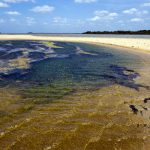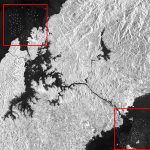← Back
Sri Lanka: From an Oil Slick to the Discovery of Global Fuel Trafficking
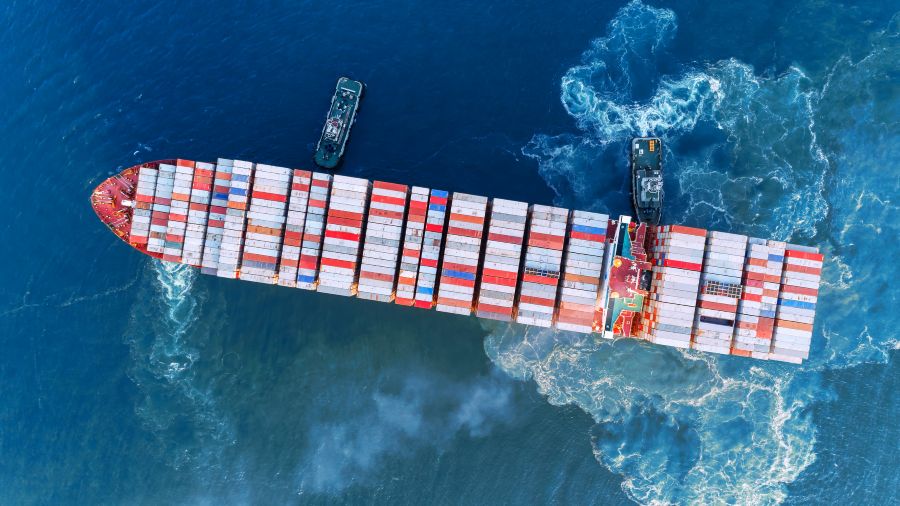
What seemed like a simple case of marine pollution off Sri Lanka turned into the revelation of a global fuel trafficking network linking the region to international smuggling operations.
Thanks to CLS’s Maritime Awareness System (MAS), an oil slick became the thread that unraveled months of covert operations, exposing sanctions evasion and illegal ship-to-ship transfers across multiple regions. This case illustrates how advanced maritime intelligence can transform local incidents into evidence of global-scale trafficking, empowering authorities to act.
It all began with a satellite image
Off the coast of Sri Lanka, a radar satellite captured something unusual: an oil slick spreading across the water’s surface.
Within minutes, CLS analysts activated the Maritime Awareness System (MAS) to investigate the source of this pollution. Trajectory analysis quickly pointed to a vessel, anonymized here as MARA. Days later, Indian authorities boarded and detained the ship for suspected illegal discharge.
But the story did not end there.
The vessel that refused to disappear
Shortly after its detention, MARA resurfaced under a new identity. Renamed MIKADO, flying a new flag and altering its navigation patterns, the ship believed it had escaped scrutiny.
Yet MAS continued to follow it. Over the course of a year, the system uncovered a recurring pattern: repeated oil loading operations from Russian ports, raising suspicions of sanctions evasion and Sri Lanka-linked global fuel trafficking.
On August 11, MIKADO was detected during a ship-to-ship transfer with another vessel, anonymized as TOBIAS. By December, it reappeared near Cyprus, once again engaged in suspicious maneuvers. What began as a local pollution event off Sri Lanka had unraveled into a complex web of illicit activity spanning multiple regions and identities.
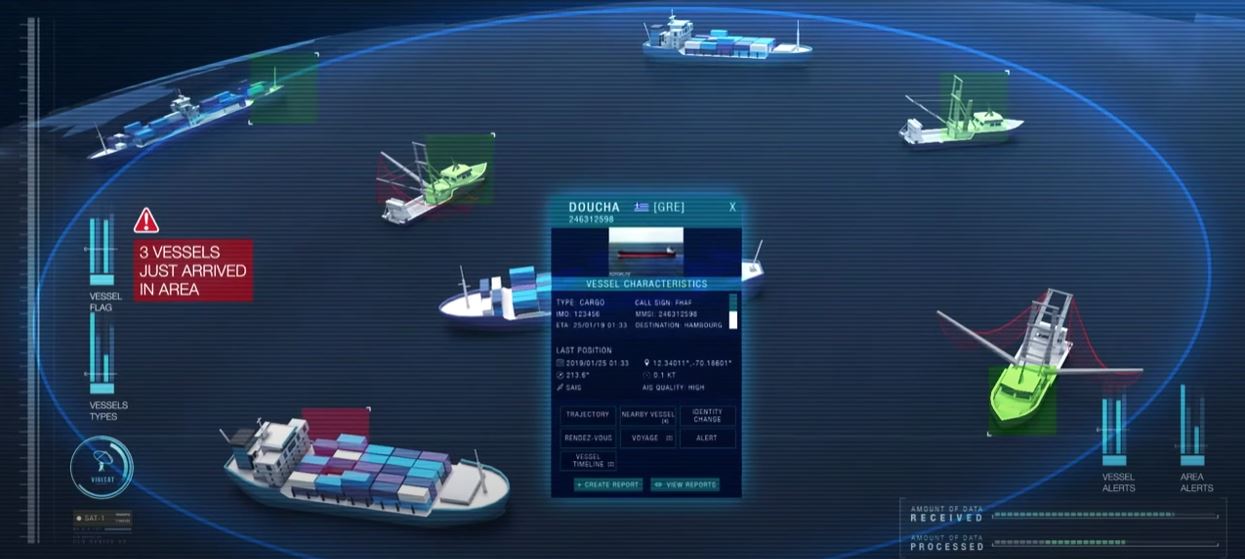
How MAS exposed the truth behind fuel smuggling network in Sri Lanka
The MARA case highlights the strength of MAS as more than just a monitoring tool. Where a satellite might have only shown an oil slick, MAS connected the dots, reconstructed trajectories, and revealed an organized system of maritime fraud.
By combining vessel signals, radar and optical imagery, RF detections, and open-source data, MAS, powered by AI was able to detect anomalies and track the vessel over time, even as it changed names, flags, and routes.
Thanks to this capability, analysts pieced together months of activity and provided authorities with concrete evidence, enabling investigations and legal action.
From local pollution to uncovering global fuel trafficking in Sri Lanka
Located at the strategic crossroads of the Indian Ocean, Sri Lanka lies on one of the world’s busiest maritime routes.
This geographical position makes it a critical hub not only for the legal trade of fuel, on which the country heavily depends, but also for illicit activities. In a context of recurring energy crises and international sanctions, Sri Lanka and its surrounding waters have become a hotspot for global fuel smuggling practices, including ship-to-ship transfers at sea often concealed through flag changes or AIS shutdowns. Such trafficking undermines energy security, fuels local corruption, and increases the risks of marine pollution, making enhanced monitoring of fuel flows essential.
The Sri Lanka case shows how an apparently isolated incident can uncover geopolitical and economic stakes on a global scale. Without MAS, the oil slick would have remained a local environmental event. With MAS, it became the key to exposing sanctions evasion and illicit fuel trade.
This transformation—from raw data to actionable maritime intelligence is precisely what makes MAS a unique tool for customs, navies, and enforcement agencies worldwide. Already deployed by institutions such as French Customs (DGDDI) and the French Navy, MAS proves its operational value daily in the fight against illegal maritime activities.
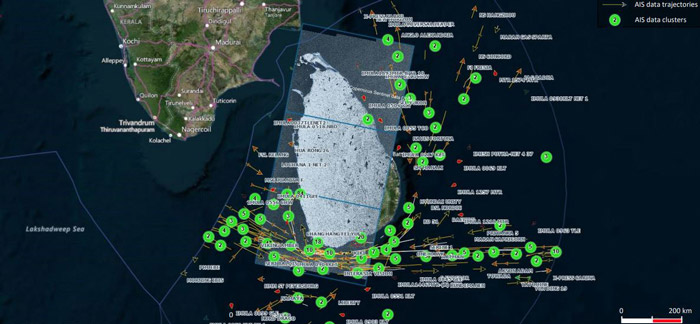
From data to action
The MARA case proves that the ocean no longer must be opaque.
By making visible the behaviors ships try to conceal, MAS gives authorities the decisive advantage of acting fast and enforcing the law effectively.


